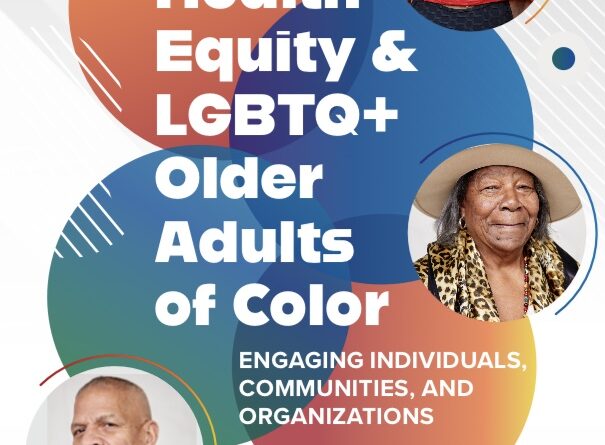Health Equity & LGBTQ+ Older Adults of Color. Engaging individuals, communities and organizations
By National Resource Center on LGBTQ+ Aging
The United States is becoming older and more diverse. Yet, how we often talk about and intervene on issues related to diversity in aging continues to fall short of our goals and best intentions. This is especially true for LGBTQ+ older adults of color. Taking an intersectional perspective, we know LGBTQ+ older adults of color are impacted by the lack of support for diverse aging populations. LGBTQ+ older adults of color not only experience ageism as well as racism, homophobia, transphobia, ableism, classism, and other forms of marginalization – all of which impact their health, well-being, and economic security. As diverse populations continue to increase in size, much work is still needed to improve equity and the social safety net for diverse aging communities.
Get the report here











